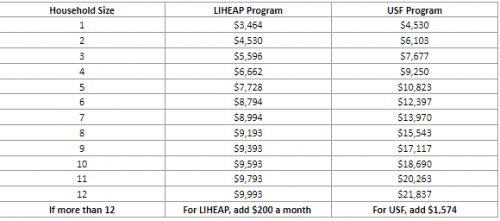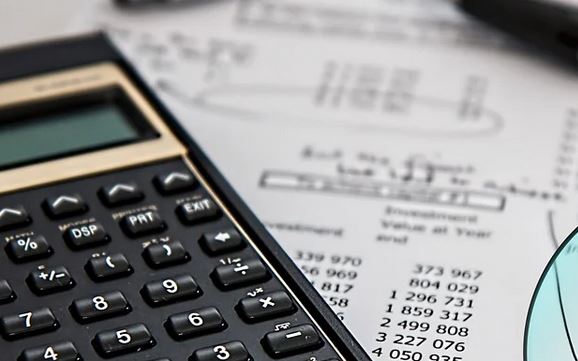The Low Income Home Energy Assistance Program (LIHEAP) is now open for New Jersey residents for the 2022-2023 heating season.
The program helps low- and moderate-income households with their heating bills and provides emergency heating system services and emergency fuel assistance.
As a result of increases in federal income limits, families with higher incomes are now able to apply and urged to do so.
In addition, residents are allowed to apply for assistance in paying past-due energy, water, and/or sewer bills.
Eligible households can visit the DCAid portal at www.nj.gov/dca/dcaid to submit an application for assistance.
The DCAid portal also checks to see what other benefits the applicant may qualify for.
People who do not have access to computers or the internet can call 1-800-510-3102 to be directed to one of the community action agencies partnering with DCA to assist them with starting, completing, and submitting an application online.
A list of the community organizations providing such assistance is available at https://www.nj.gov/dca/
The LIHEAP application period began October 1 and will end June 30, 2023. Applications are reviewed on a rolling basis and assistance is awarded on a first-come, first-served basis so applicants should not wait to apply.
LIHEAP is a federal program that helps households at or below 60 percent of the state median income (for example, $6,662 a month for a family of four) pay for home energy costs such as heating and cooling. The program is focused on helping households pay their current and past-due energy and heating bills. Program funding is administered through DCA’s Division of Housing and Community Resources.
To be eligible for LIHEAP assistance, households must be responsible for home energy and heating costs, either directly or included in the rent. Persons who live in public housing and/or receive rental assistance are not eligible unless they are responsible for their own energy and heating costs paid directly to the fuel supplier. The amount of the LIHEAP benefit is determined by income, household size, fuel type, and heating region.
Households that qualify for the Supplemental Nutritional Assistance Program (SNAP) – formerly food stamps – are automatically screened to determine eligibility for LIHEAP.
SNAP applicants are encouraged to bring electric, gas, oil, and other energy utility bills that could qualify them to receive LIHEAP assistance to help pay heating costs. SNAP recipients who qualify for LIHEAP may be eligible for an increase in SNAP benefits.
The chart below provides maximum monthly gross income eligibility levels for both LIHEAP and USF.

